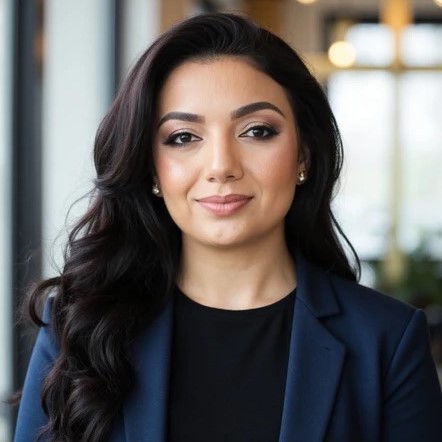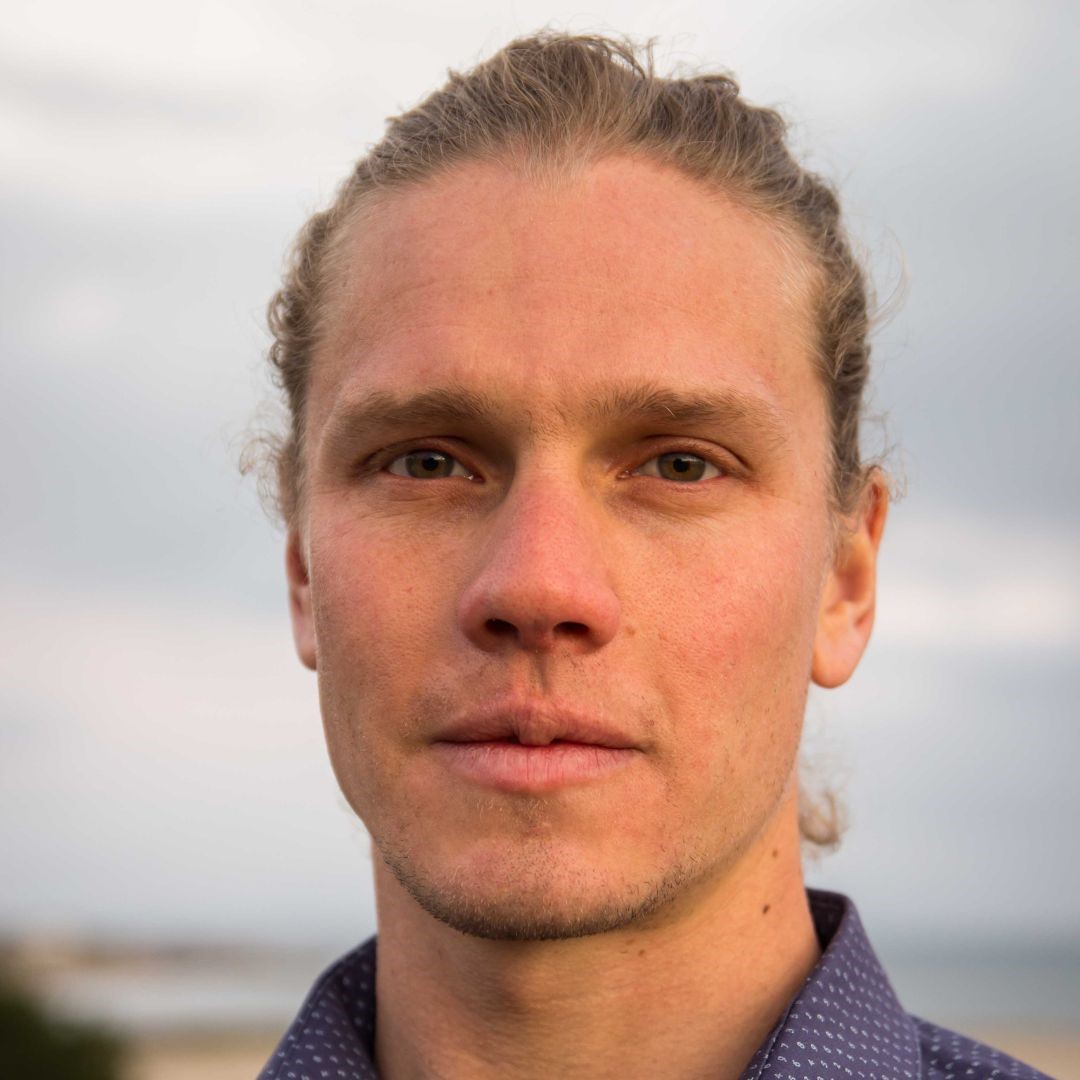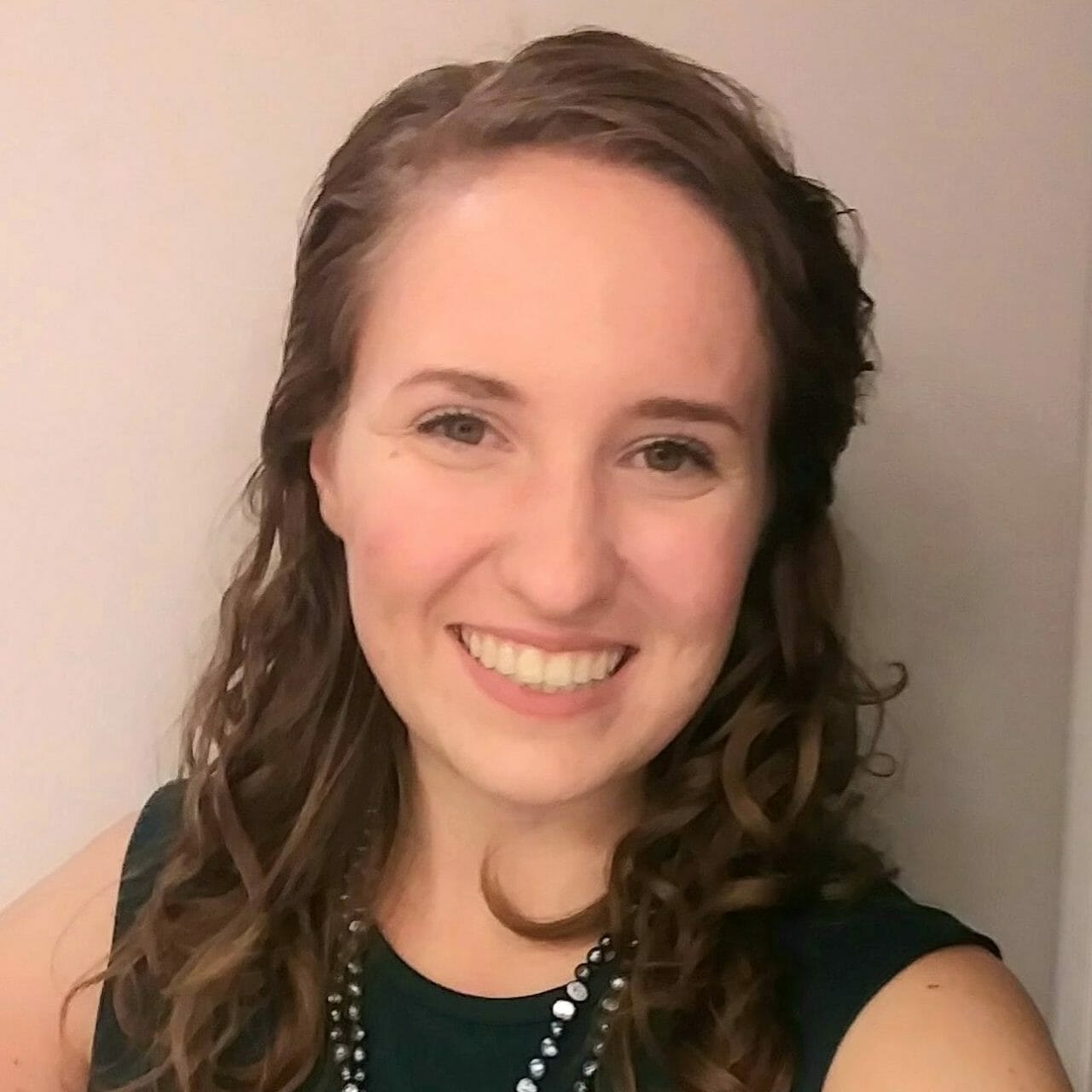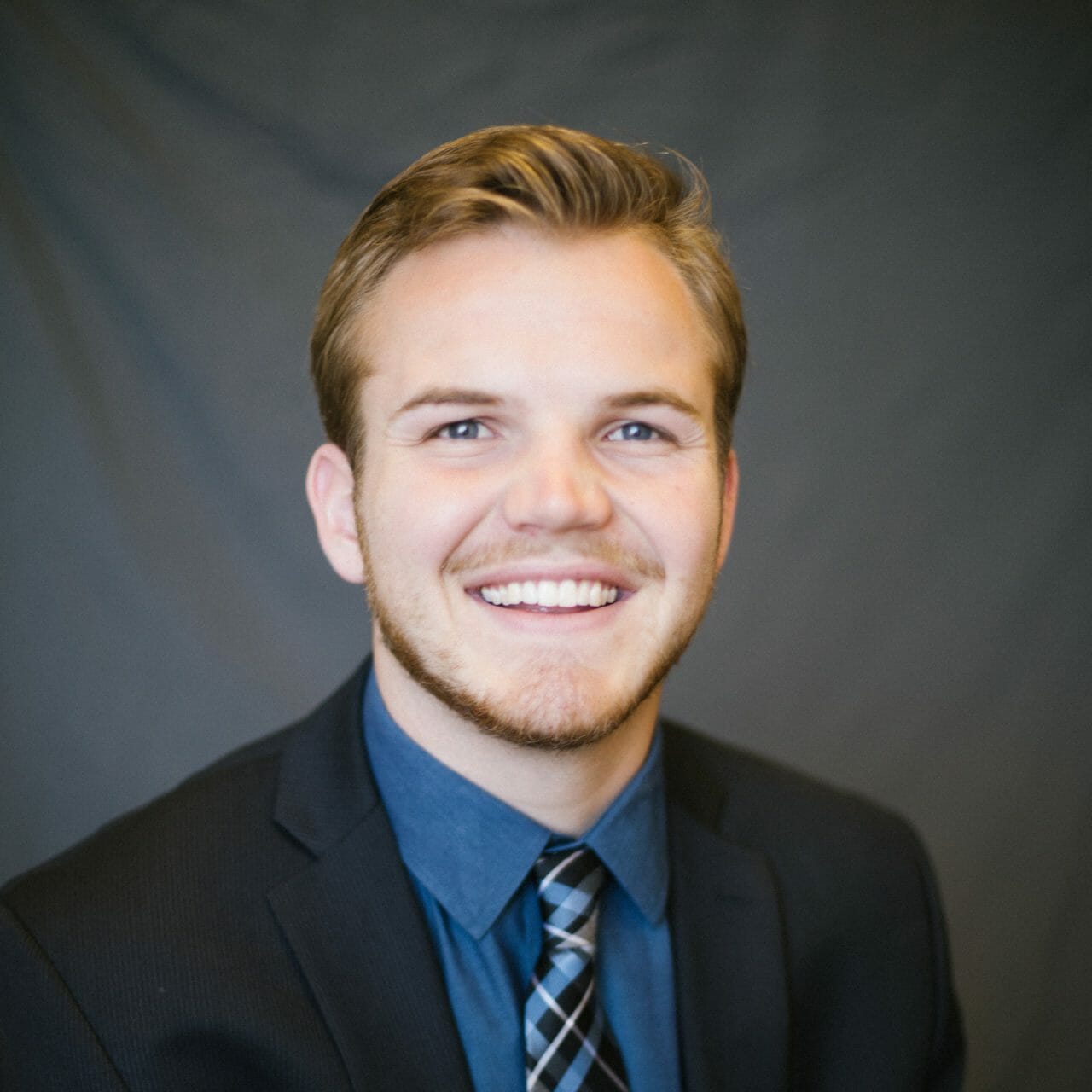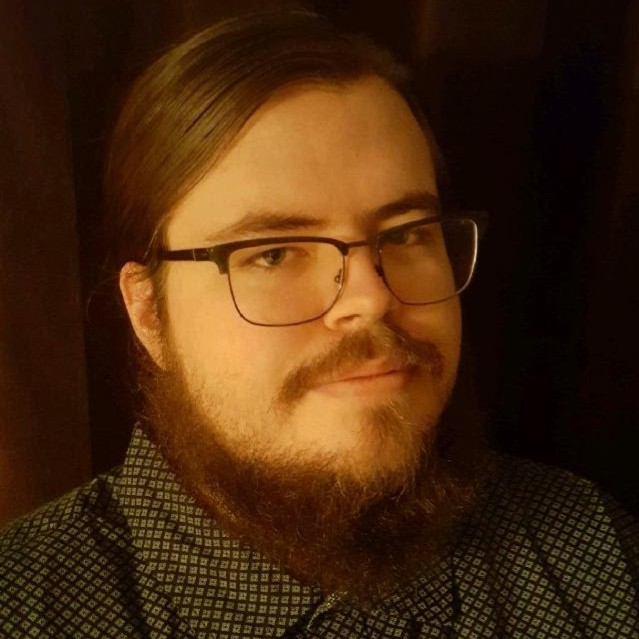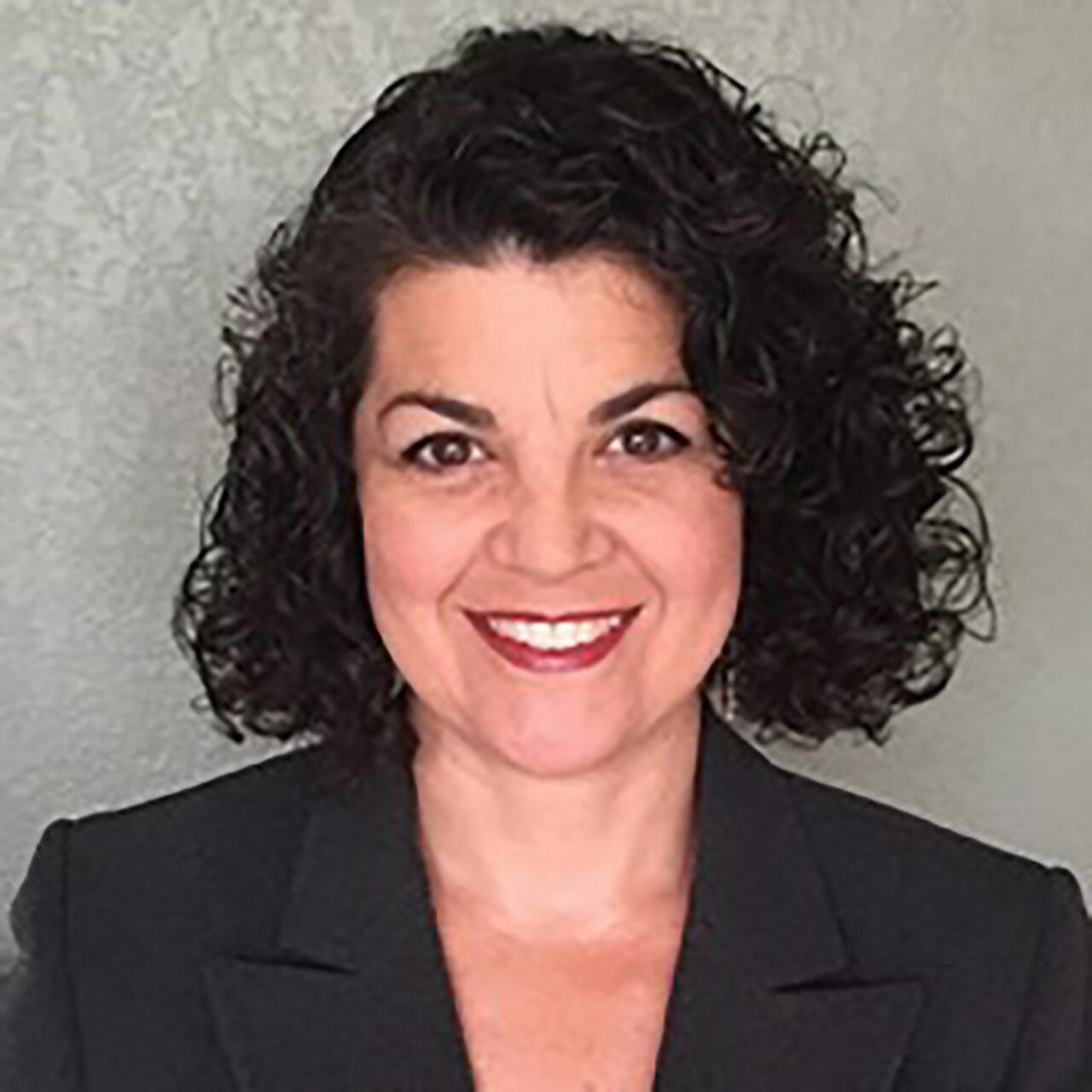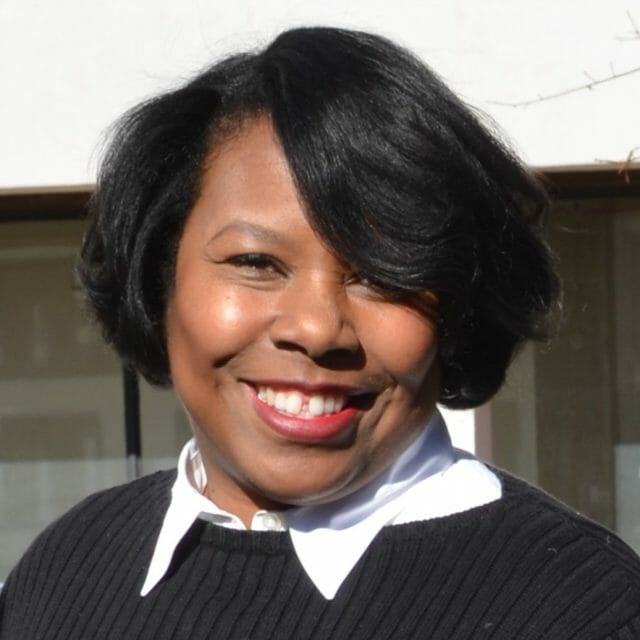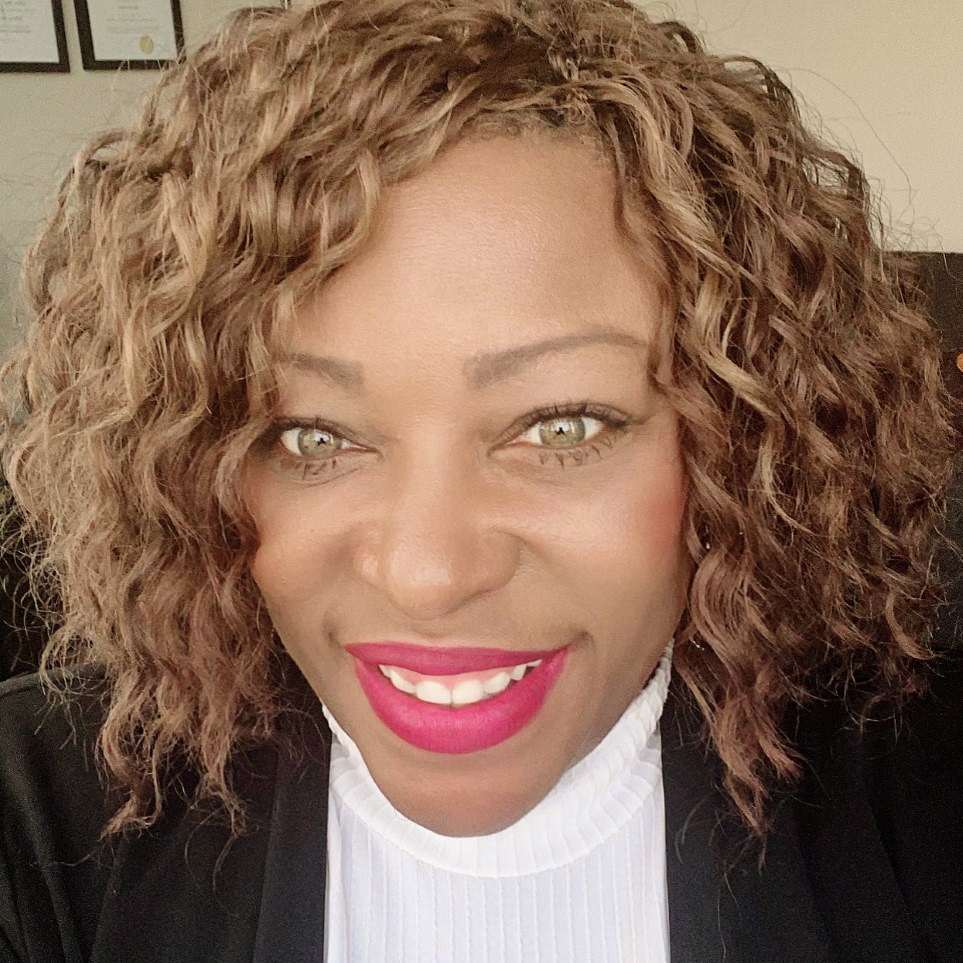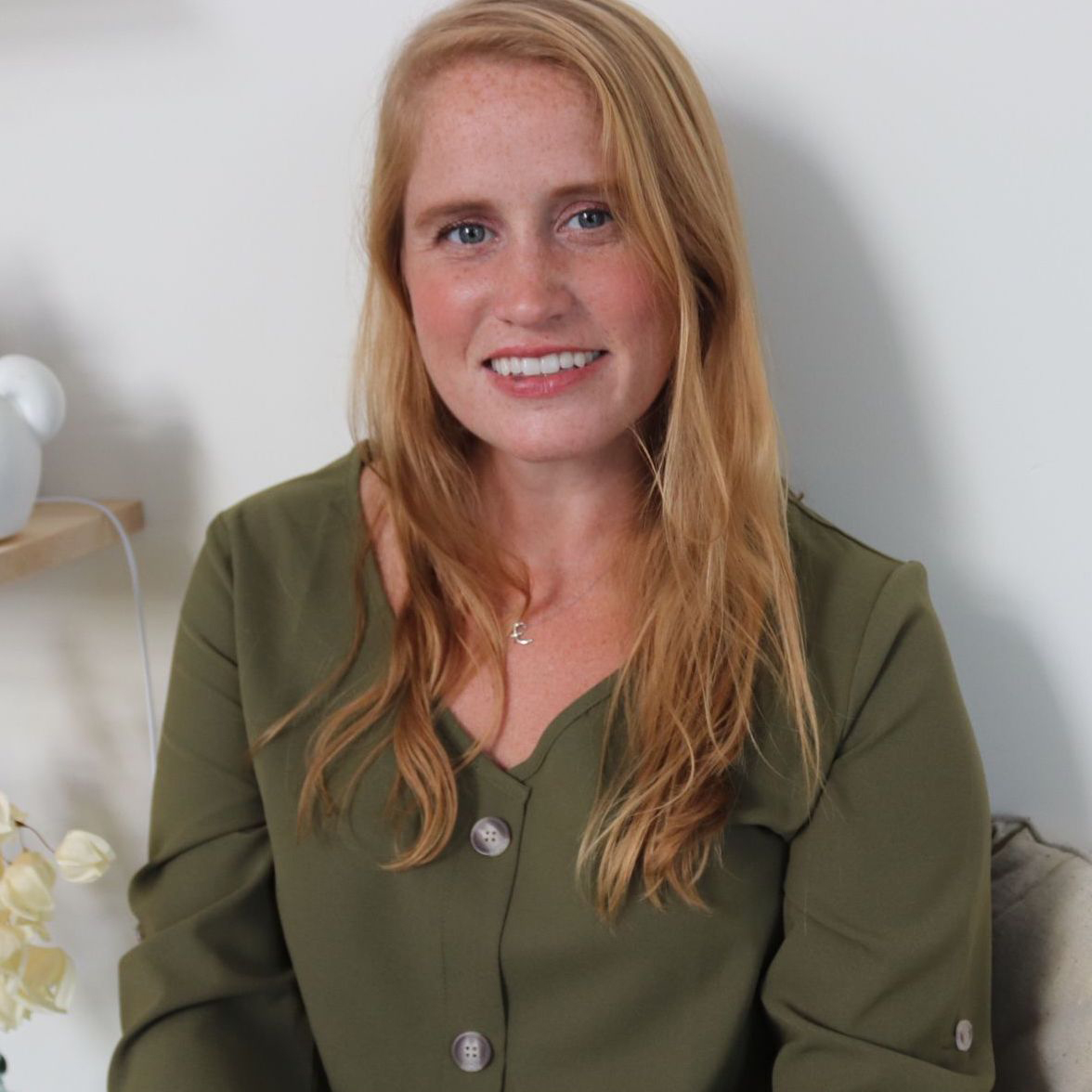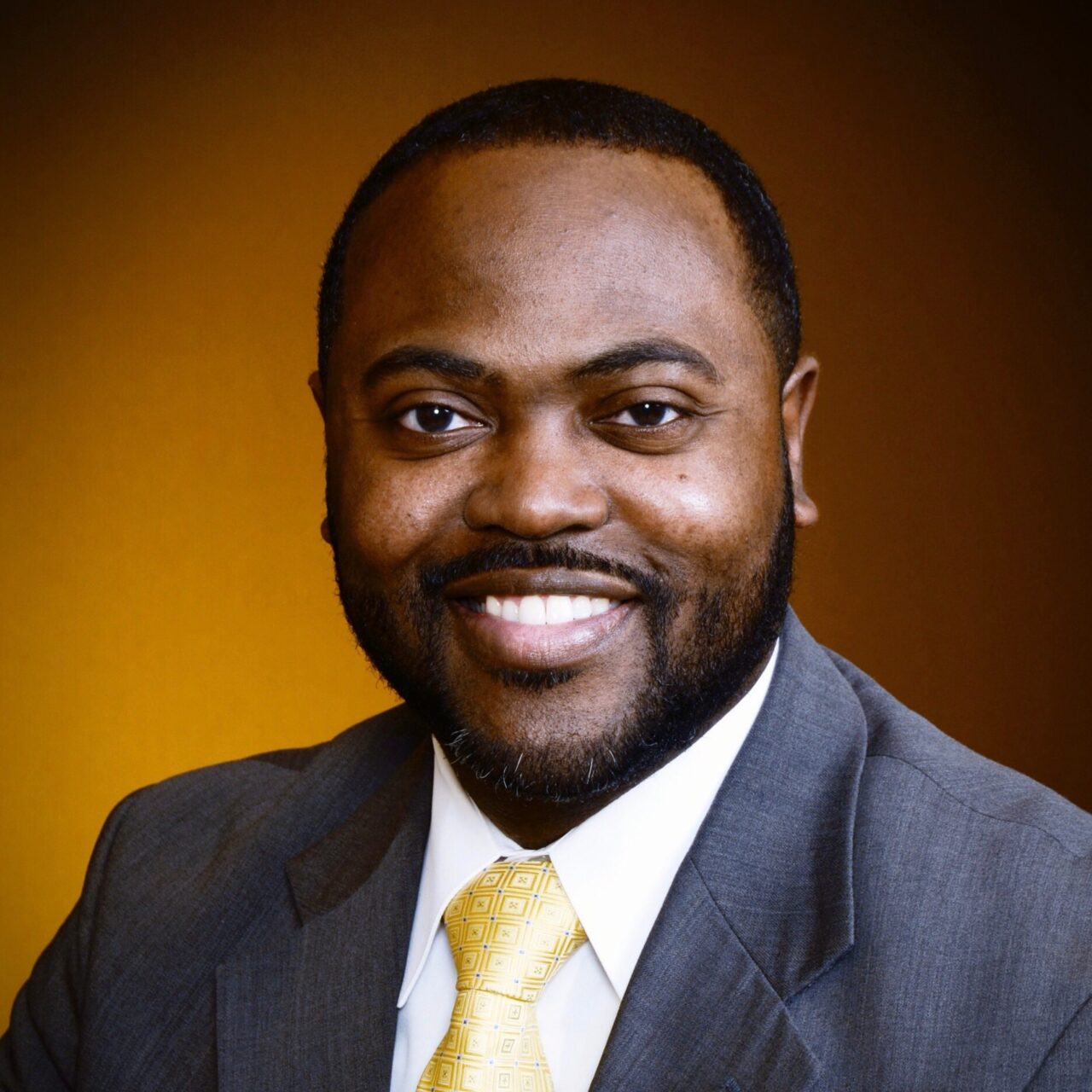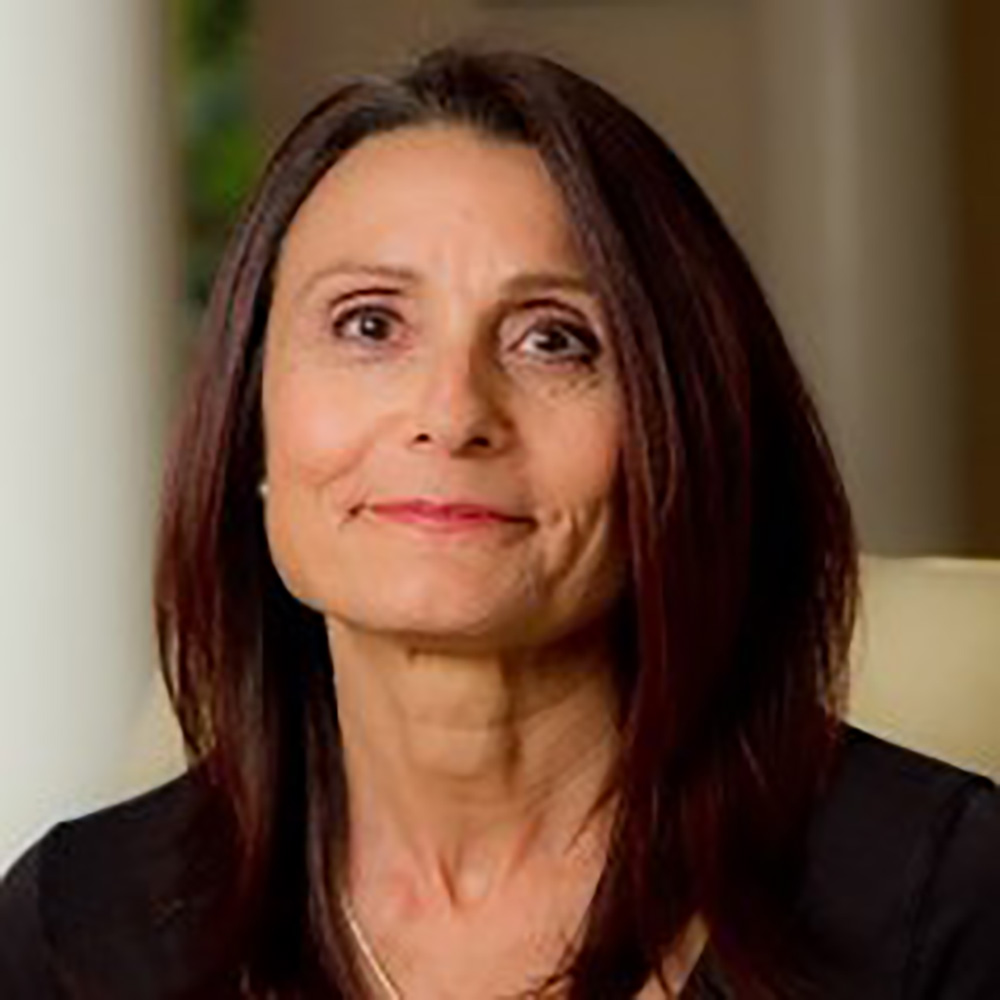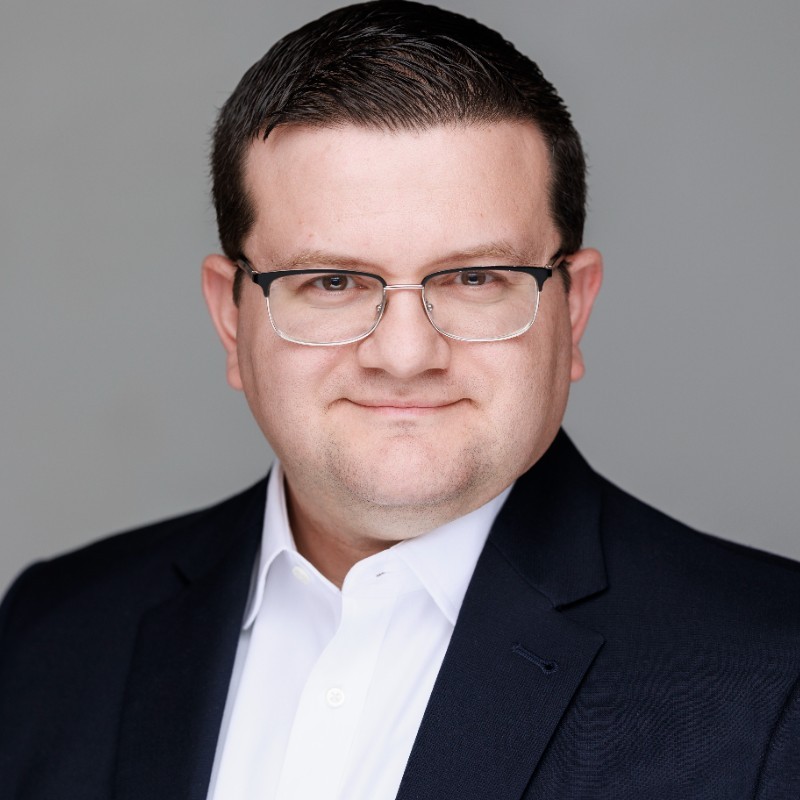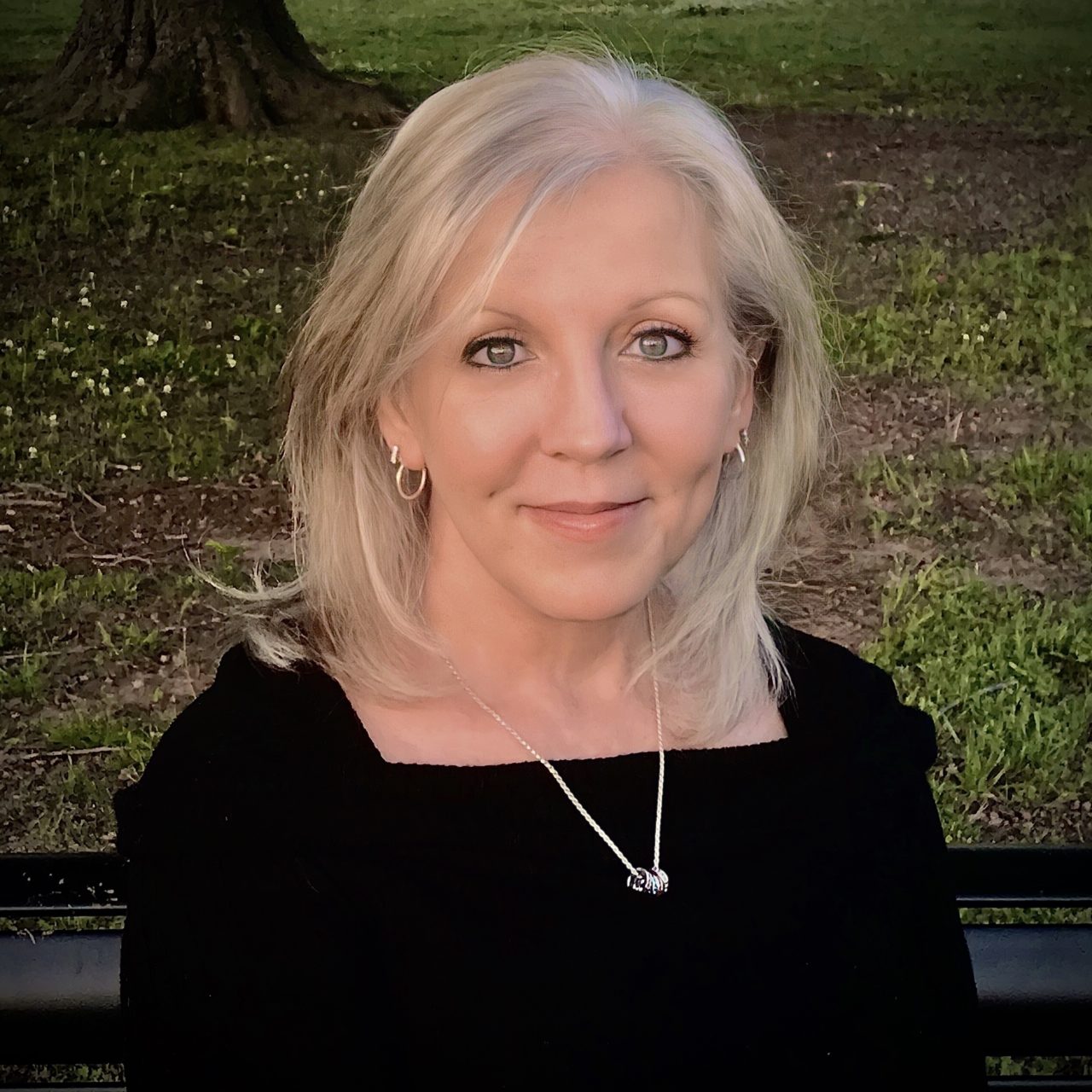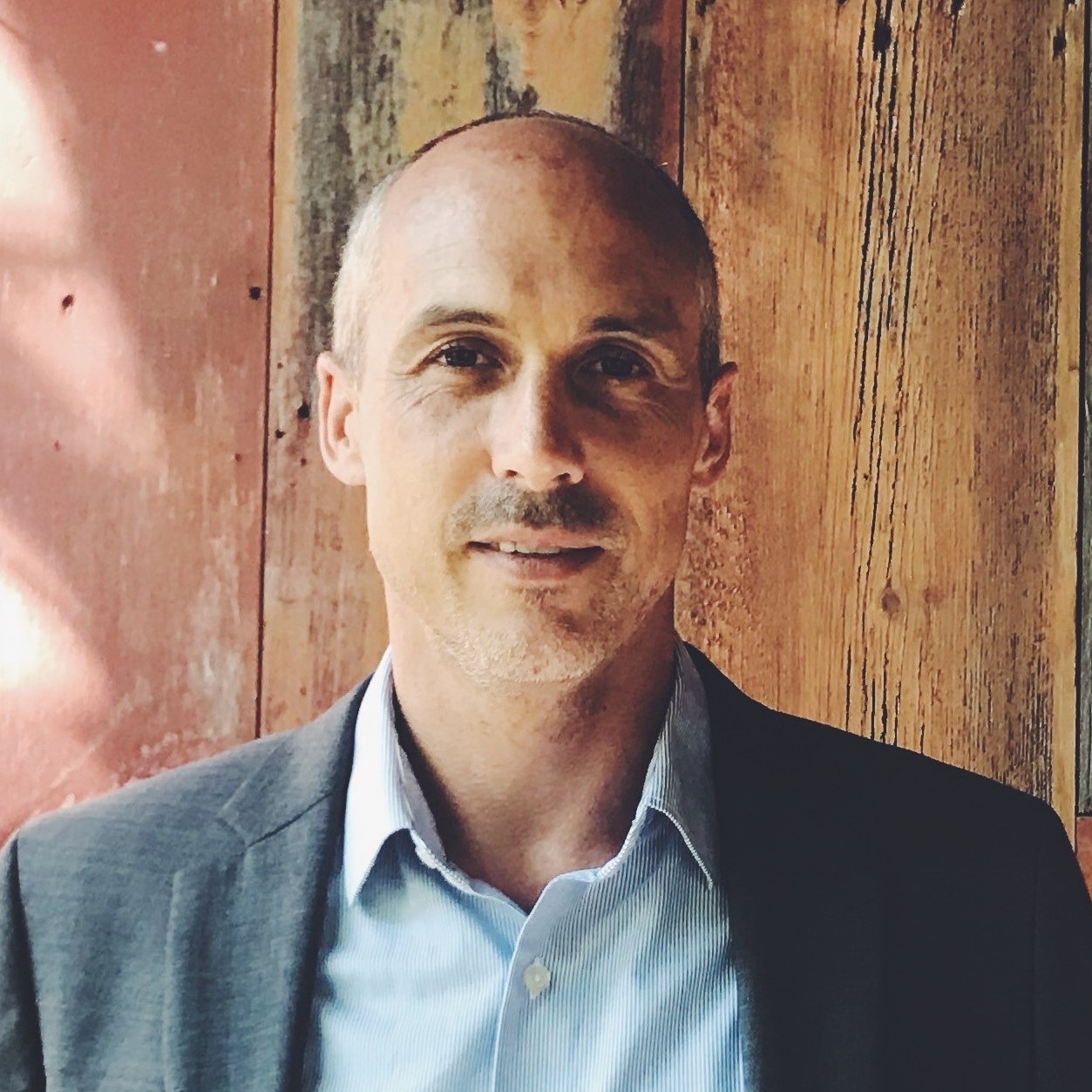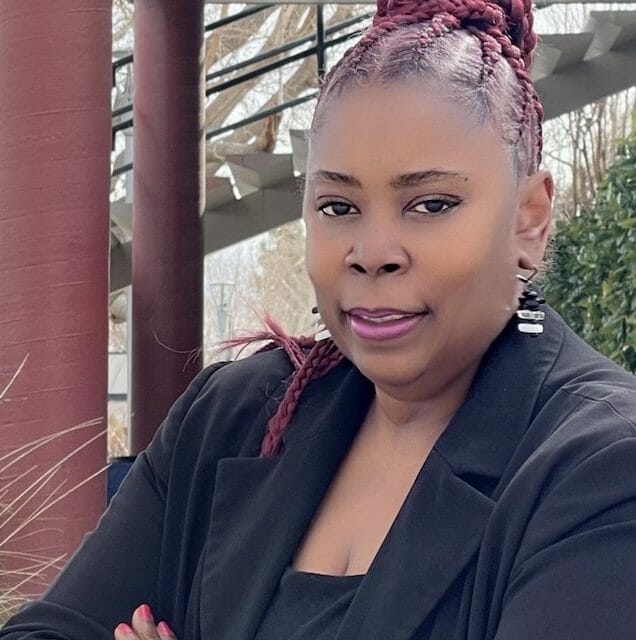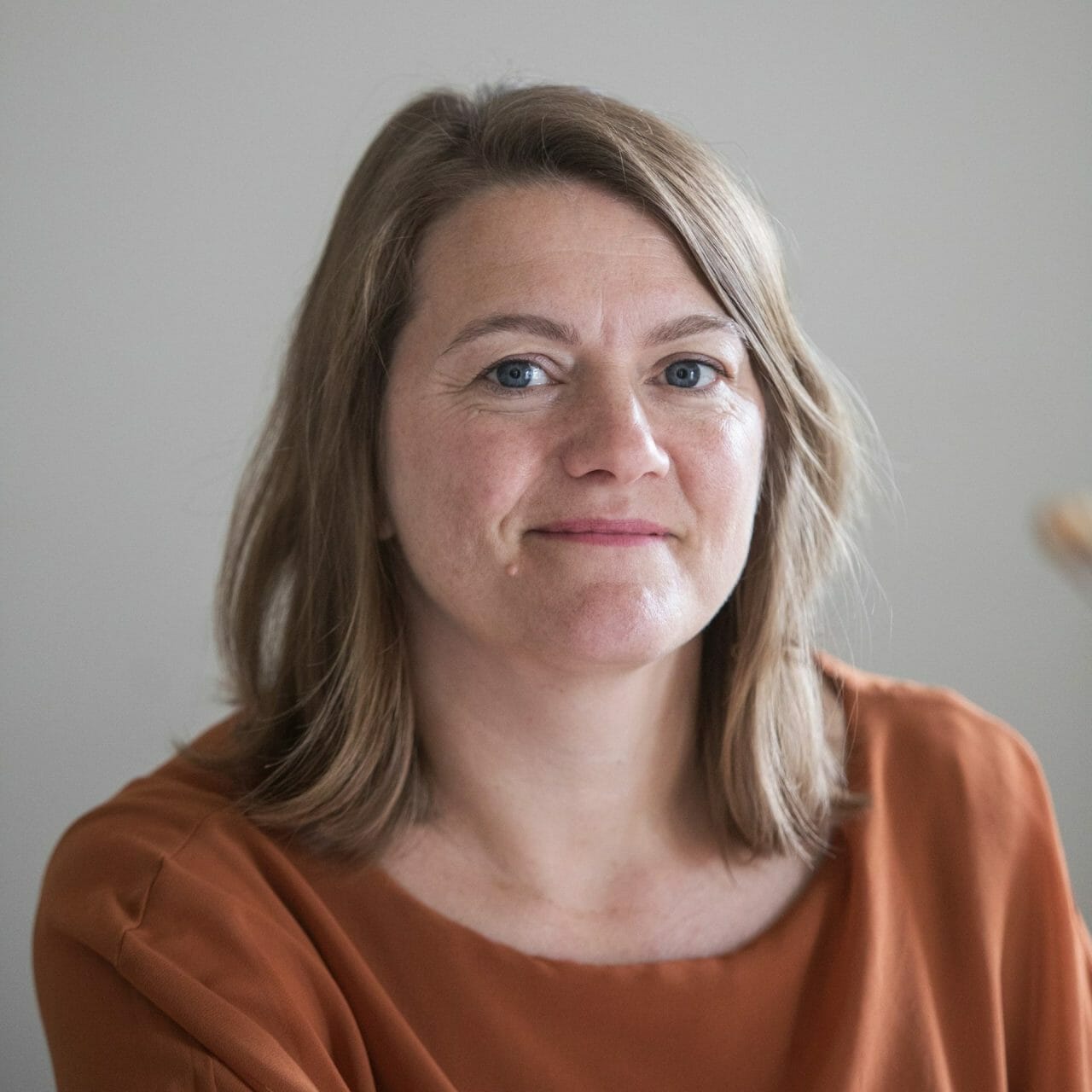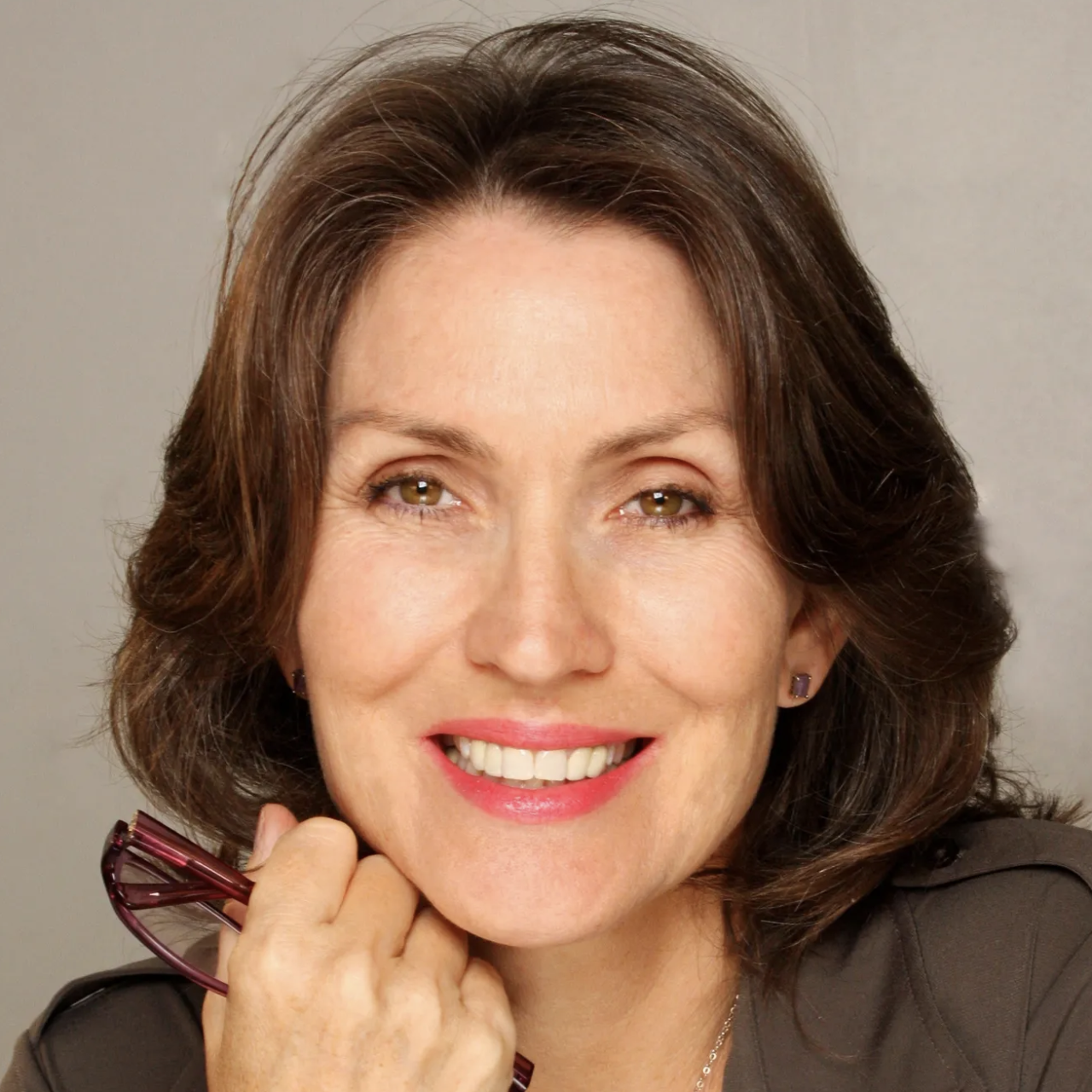Home > About
About PPS
Founder & Chief Executive OfficerDr. Jeremy Pollack
Different perspectives can and should be cherished. Usually, with the right peacebuilder or team of neutral facilitators, conflicts can be constructive, differences can be a source of strength, and relationships can be transformed. Our aim is to help individuals and groups not only express their own unique truths, but also respect other parties' distinct qualities and values. Through this respect comes greater communication, collaboration, and unification.
Mutual respect and understanding.
That is our mission.
Founder & Chief Executive OfficerDr. Jeremy Pollack
Different perspectives can and should be cherished. Usually, with the right peacebuilder or team of neutral facilitators, conflicts can be constructive, differences can be a source of strength, and relationships can be transformed. Our aim is to help individuals and groups not only express their own unique truths, but also respect other parties' distinct qualities and values. Through this respect comes greater communication, collaboration, and unification.
Unity and mutual respect.
That is our mission.
Program Director / PeacebuilderSara Jeckovich
Program Director / PeacebuilderLuke Wiesner
Program Director / PeacebuilderEmily Machin-Mayes
Lead PeacebuilderLeila Bidad
Lead PeacebuilderTyler Drogin
Intake DirectorNicole Dolinsek
Learning Coordinator at PLASafa Harak
Peace Content CoordinatorAshden Madison
Research WriterNatalie Davis
Company News WriterNezia M. Kubwayo
Research WriterAnupriya Kukreja
Content WriterVanessa Rose, M.A.
Program Director / PeacebuilderLuke Wiesner
Program Director / PeacebuilderEmily Machin-Mayes
Lead PeacebuilderLeila Bidad
Intake DirectorNicole Dolinsek
Lead PeacebuilderTyler Drogin
Learning Coordinator at PLASafa Harak
Peace Content CoordinatorAshden Madison
CONTACT VIA SOCIAL LINKSNatalie Davis
Company News WriterNezia M. Kubwayo
Research WriterAnupriya Kukreja
Content WriterVanessa Rose, M.A.
Research WriterNoah Shaw
Peacebuilders
Conflict Resolution Expert in Los AngelesColleen Passard, M.A.
Conflict Resolution Expert, San FranciscoTerrell Holmes, M.S.O.D.
Conflict Resolution Expert, Denver, COSuzanne Ghais, Ph.D.
Conflict Resolution Expert, Huntsville – Birmingham, ALToni Hawkins, M.P.H.
Conflict Resolution Expert, Charlotte, NCGigi Hamilton, Ph.D., LCMHCS
Conflict Resolution Expert, New York CityEmily Skinner, Ph.D.
Conflict Resolution Expert, Jackson, MSSherman Green, M.A., Ph.D.
Conflict Resolution Expert, Portland, MEJennifer Fisher, M.A., L.P.C.
Conflict Resolution Expert, San FranciscoShawn Dunning, M.S.
Conflict Resolution Expert, Washington D.C.Marinetta Cannito Hjort, M.A.
Conflict Resolution Expert, Dallas, TXGreg Pirtle, M.A.
Conflict Resolution Expert, Albany, NYLuke Wiesner, M.S.. P.C.C.
Conflict Resolution Expert, Pasadena, CAHilary Bendon, M.D.R., M.P.A.
Conflict Resolution Expert, New York & AlbanySara Jeckovich, M.A.
Conflict Resolution Expert, Nashville, TNElizabeth Mead, M.A.
Conflict Resolution Expert, Portland, ORLauren Marx, M.S.
Conflict Resolution Expert, PhiladelphiaHenry Yampolsky, J.D.
Conflict Resolution Expert, Detroit / VancouverShelley Larson, M.A.
Conflict Resolution Expert, SeattleEmily Machin-Mayes
Conflict Resolution Expert, South Bay / Long Beach, CANicki Rankin, MHRM
Conflict Resolution Expert, Atlanta, GAVicki Collins, Ed.D.
Conflict Resolution Expert, Wilmington, NCBritt K. Sheinbaum, M.A., M.N.R.
Conflict Resolution Expert, Denver, COLeila Bidad, MDR
Conflict Resolution Expert, Oklahoma City, OKJeri Stroup, M.A.
Conflict Resolution Expert, San Antonio, TXAndrew MacDonald
Conflict Resolution Expert Los Angeles, CARenata Valree, M.S
Conflict Resolution Expert Oakland, CAAlice Shikina
Conflict Resolution Expert, Calgary, CanadaDianne D'Elia, M.A.
Conflict Resolution Expert, London, UKDanielle Ratcliffe
Conflict Resolution Expert, United KingdomKisane Prutton, MSc
Conflict Resolution Expert, London, UKIlan David Bass, M.A.
Peacebuilders
Conflict Resolution Expert in Los AngelesColleen Passard, M.A.
Conflict Resolution Expert, San FranciscoTerrell Holmes, M.S.O.D.
Conflict Resolution Expert, Denver, COSuzanne Ghais, Ph.D.
Conflict Resolution Expert, Huntsville – Birmingham, ALToni Hawkins, M.P.H.
Conflict Resolution Expert, Charlotte, NCGigi Hamilton, Ph.D., LCMHCS
Conflict Resolution Expert, New York CityEmily Skinner, Ph.D.
Conflict Resolution Expert, Jackson, MSSherman Green, M.A., Ph.D.
Conflict Resolution Expert, Portland, MEJennifer Fisher, M.A., L.P.C.
Conflict Resolution Expert, San FranciscoShawn Dunning, M.S.
Conflict Resolution Expert, Washington D.C.Marinetta Cannito Hjort, M.A.
Conflict Resolution Expert, Dallas, TXGreg Pirtle, M.A.
Conflict Resolution Expert, New YorkLuke Wiesner, M.S., P.C.C.
Conflict Resolution Expert, Pasadena, CAHilary Bendon, M.D.R., M.P.A.
Conflict Resolution Expert, New York & AlbanySara Jeckovich, M.A.
Conflict Resolution Expert, Nashville, TNElizabeth Mead, M.A.
Conflict Resolution Expert, Austin, TXAndrew MacDonald, M.B.A.
Conflict Resolution Expert, Portland, ORLauren Marx, M.S.
Conflict Resolution Expert, PhiladelphiaHenry Yampolsky, J.D.
Conflict Resolution Expert, Detroit / VancouverShelley Larson, M.A.
Conflict Resolution Expert, SeattleEmily Machin-Mayes
Conflict Resolution Expert, South Bay / Long Beach, CANicki Rankin, MHRM
Conflict Resolution Expert, Wilmington, NCBritt K. Sheinbaum, M.A., M.N.R.
Conflict Resolution Expert, Denver, COLeila Bidad, M.D.R.
Conflict Resolution Expert, Oklahoma City, OKJeri Stroup, M.A.
Conflict Resolution Expert Oakland, CAAlice Shikina
Conflict Resolution Expert Los Angeles, CARenata Valree, M.S
Conflict Resolution Expert, London, U.K.Ilan David Bass, M.A.
Conflict Resolution Expert, Calgary, CanadaDianne D'Elia, M.A., ACC
Conflict Resolution Expert, London, UKDanielle Ratcliffe
Conflict Resolution Expert, United KingdomKisane Prutton, MSc
Pollack Peacebuilding's History
Pollack Peacebuilding Systems (PPS) was founded in 2016 by a diverse group of workplace peacebuilders and organizational consultants, led by social psychologist Dr. Jeremy Pollack. Prior to founding PPS, Dr. Pollack built his career as a personal development and executive coach, focusing on topics such as mindfulness, work-life balance, career development, and maintaining healthy relationships. During that period, Dr. Pollack was part of a research team in an evolutionary psychology lab at University of California, Los Angeles (UCLA) and became increasingly interested in the study of group conflict and cooperation. This led to his further research in both the theoretical study and practical applications of peacebuilding and conflict psychology in human systems. Combining his growing interests in peace psychology with his expertise in executive coaching, in 2016 Dr. Pollack brought together a group of expert mediators and workplace consultants to found Public Peacebuilding Systems.
Since then, PPS has grown to become the largest workplace conflict management firm in North America and has expanded their services into the U.K. and Australia. Through our theory of change, we believe that helping individuals learn to create peaceful, purpose-driven workplace cultures and healthy interpersonal relationships at work, will influence their abilities to do the same in their families and communities. So far, we have witnessed this to be the case. We have now been privileged to assist teams and work communities of all sizes and types and from more than 80 industries in building more peaceful, productive cultures.





